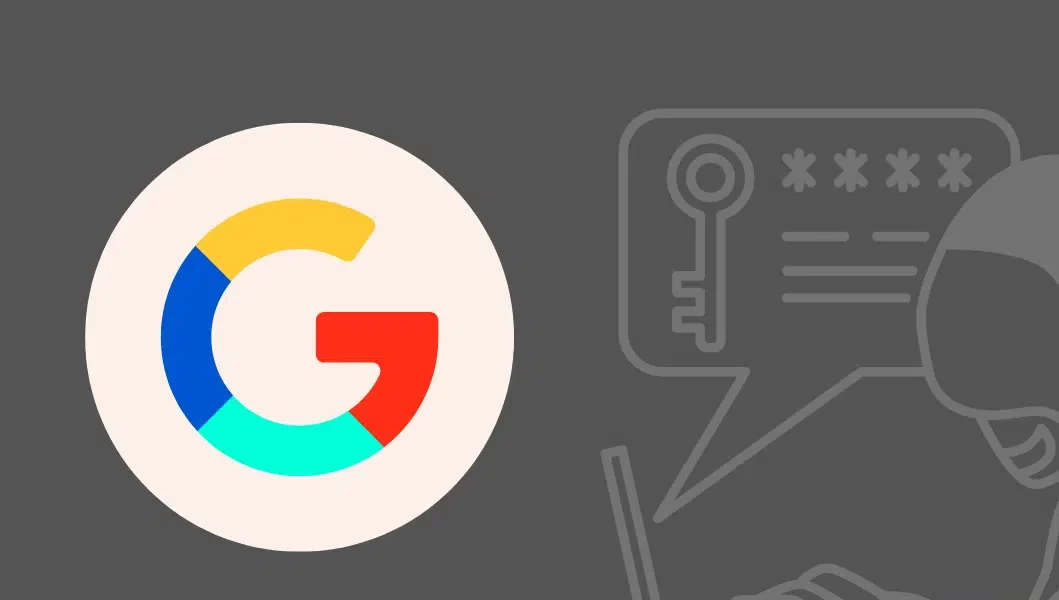To reinforce security measures, Google may invest in comprehensive employee training programs on cybersecurity best practices and the importance of data protection.
Regulatory Compliance:
As a technology company, Google operates under strict data protection regulations, such as the General Data Protection Regulation (GDPR) in the European Union. Restricting internet access aligns with compliance efforts to safeguard user data.
Evolving Cyber Threats:
The cybersecurity landscape is constantly evolving, with cybercriminals employing sophisticated techniques. Google’s decision reflects the need for continuous adaptation and vigilance in the face of new threats.
Strengthening Multi-Factor Authentication (MFA):
In addition to restricting internet access, Google is likely to implement or reinforce multi-factor authentication (MFA) for access to critical systems and data.
Industry-Wide Impact:
Google’s move to restrict internet access may set a precedent for other tech companies to reevaluate their own cybersecurity measures and adopt similar restrictions to bolster their defenses.
Collaboration and Knowledge Sharing:
One potential challenge of restricting internet access is the limitation it places on cross-company collaboration and knowledge sharing. Google must find ways to facilitate secure information exchange without compromising security.
The Future of Cybersecurity:
As cyber threats continue to escalate, the tech industry will witness ongoing advancements in cybersecurity practices and technologies. Companies like Google play a crucial role in driving innovation and setting standards for cybersecurity best practices.
Conclusion:
Google’s decision to restrict internet access for certain employees demonstrates its commitment to prioritizing cybersecurity and protecting its intellectual property and user data. In an era where cyber threats are ever-present and evolving, such proactive measures are essential for tech companies to safeguard their assets and maintain the trust of their users.
While the restrictions may impact productivity and collaboration, Google’s challenge lies in finding the right balance between security and usability. By leveraging advanced cybersecurity technologies, employee training, and secure network segmentation, Google aims to create a resilient defense against cyber threats.
As cybersecurity continues to be a top priority for the tech industry, other companies may follow suit, adopting similar measures to fortify their cybersecurity posture. The future of cybersecurity will undoubtedly be shaped by ongoing innovation and collaboration across the tech community to protect data, privacy, and critical infrastructure from ever-evolving cyber threats.



